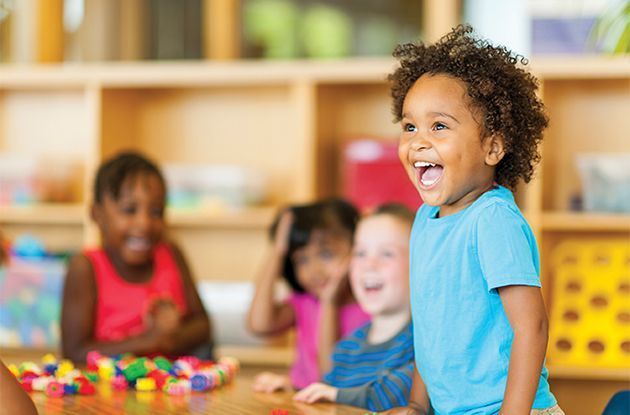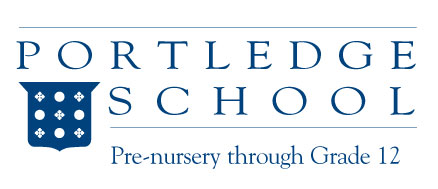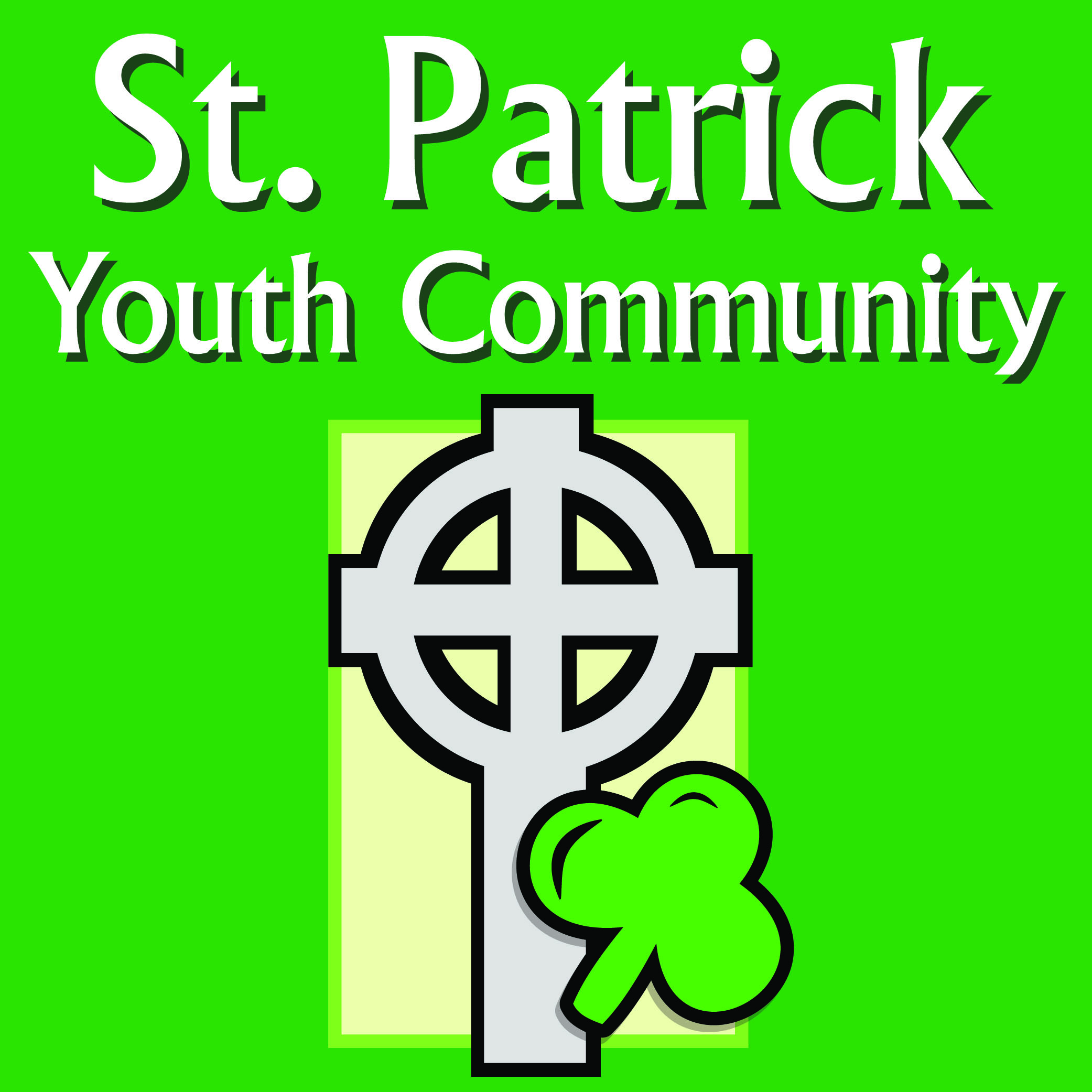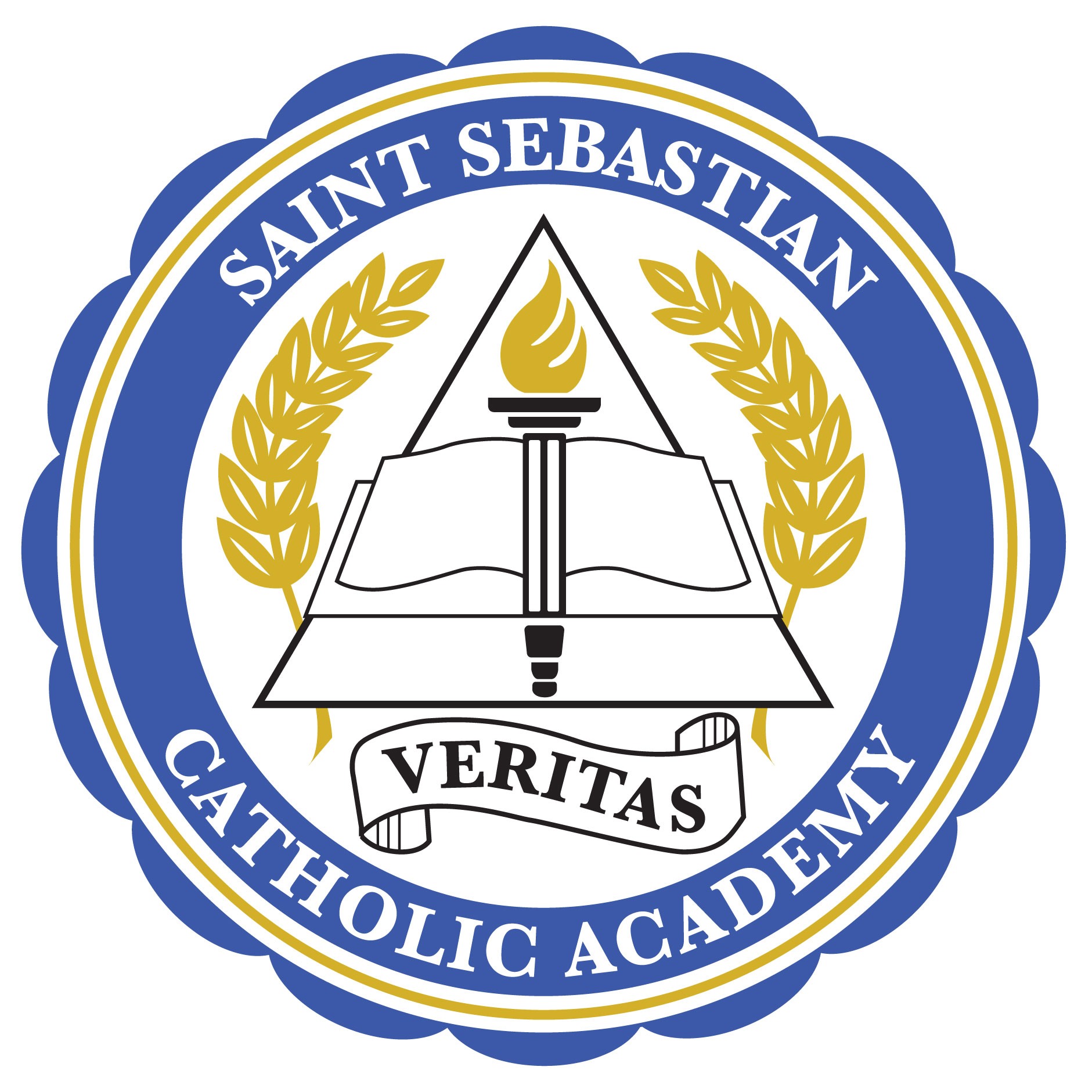

By Lucy Bayly
More Education Articles:
Preschools, Nursery Schools, & Pre-K Programs in Brooklyn
Looking for a Brooklyn preschool for your children? Look no further than our list of the top preschools in Park Slope, Williamsburg, Brooklyn Heights,...Latest News:
Preschools, Nursery Schools, and Pre-K Programs in Manhattan
Looking for a Manhattan preschool? Look no further than our list of the top private schools in Greenwich, Upper East Side, SoHo, Tribeca or Harlem.Family Activities:
Have a Laugh:
Best Memes of the Week for Parents
Here are the funniest parenting memes from Instagram, Facebook, and Reddit this week.Featured Listings:

Portledge School
Locust Valley , NY Portledge School's inclusive community inspires students to realize their potential, learn critical academic skills, develop moral courage, and prepar...

Twin Parks Montessori schools
Twin Parks Montessori Schools nurtures a child’s natural tendency to learn. Our 3 campuses on the Upper West Side serve children from 3 months to 5 y...

St. Patrick Youth Community
Smithtown, NY St. Patrick's is a wonderful place for children and young people to be together, have fun, to learn and grow. We are a community where there is someth...

St. Sebastian Catholic Academy
Woodside, NY The road to academic success begins at St. Sebastian Catholic Academy serves the parishes of Queen of Angels, Church of St. Teresa and St. Sebastian....

